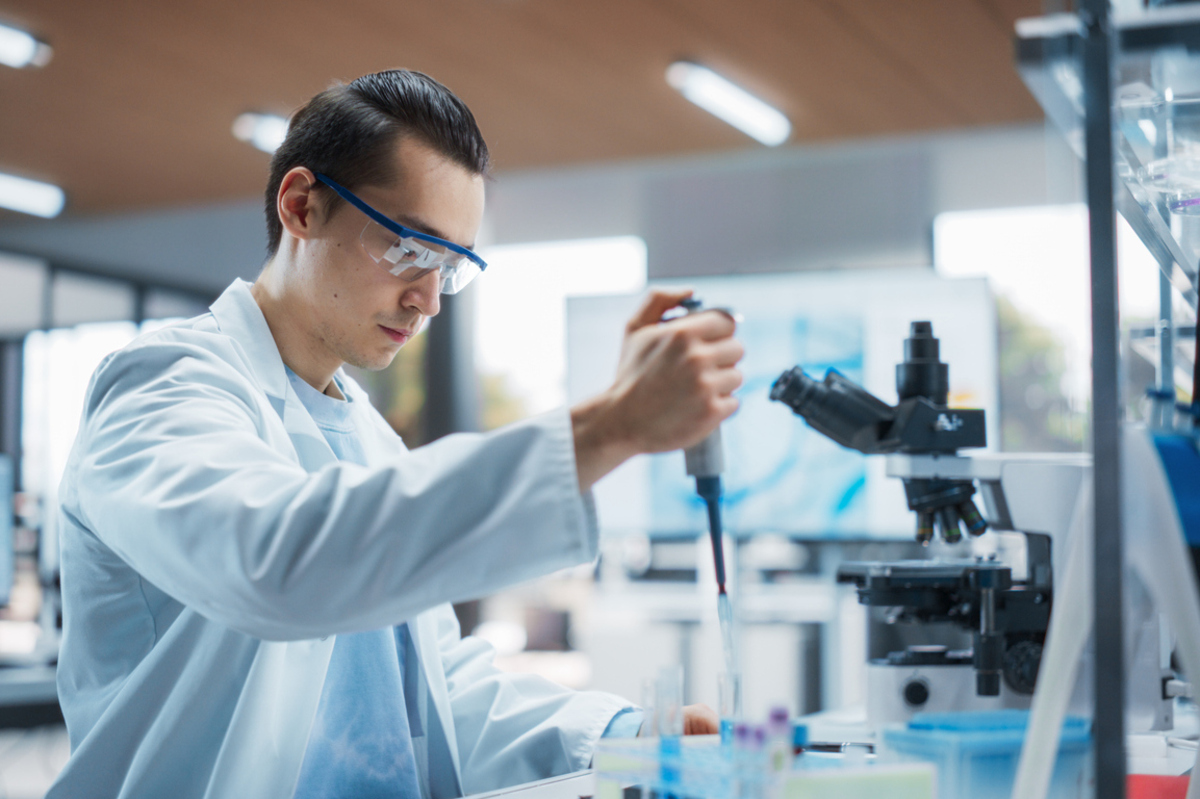
University of Warwick Develops Strategies to Boost Protein Production from Engineered Cells
October 1, 2025| |
Scientists at the University of Warwick have developed a new strategy to engineer “cell factories” that can sustainably produce more chemicals without relying on antibiotics or costly engineering methods. The breakthrough, published in Nature Communications, could boost biotechnology applications in healthcare, industry, and the environment.
The research team used advanced computer simulations to test dozens of genetic engineering strategies to identify a new solution to optimize cell factories. Dr. Alexander Darlington, Assistant Professor at the University of Warwick, said the most effective approach is the combination of two self-adjusting feedback systems, which are sensitive to production and sensitive to growth rate. “It turns out that balance is the key: our systems are predicted to balance function with growth so that there is a small chance of takeover by mutant cells,” he explained.
The researchers said that this optimal strategy uses negative-feedback systems, where the inserted genes act like sensors and monitors cell growth rates and cell output and automatically adjust activity to maintain stability. Dr. Darlington explained that their mathematical model captures cell growth, protein production, mutation, and selection to design multiple different genetic control strategies that are now ready for laboratory testing.
For more information, read the press release from the University of Warwick.
| |
You might also like:
- Scientists Boost Recombinant Protein Production in Soybean Seeds
- What is the Difference Between Genetic Engineering and Gene Editing?
- Pocket K No. 17: Genetic Engineering and GM Crops
Biotech Updates is a weekly newsletter of ISAAA, a not-for-profit organization. It is distributed for free to over 22,000 subscribers worldwide to inform them about the key developments in biosciences, especially in biotechnology. Your support will help us in our mission to feed the world with knowledge. You can help by donating as little as $10.
-
See more articles:
-
Plant
- Improved CRISPR-Cas Boosts Tomato's Gene Editing Efficiency
- Argentina Approves GM Soybean DBN8205
- USDA APHIS Deregulates GE Insect Resistant Corn
- Bangladeshi Farmers Gain Higher Yields and Profits from Bt Brinjal
-
Food
- Plant-Based Biosensor Could be Key to Timing Fruit Ripening
- Experts Highlight Hybrid Foods as Meat Alternatives
- John Innes Centre and Quadram Institute to Conduct Gene-Edited Tomato Food Trial
-
Environment
- University of Warwick Develops Strategies to Boost Protein Production from Engineered Cells
-
Read the latest: - Biotech Updates (December 17, 2025)
- Gene Editing Supplement (December 17, 2025)
- Gene Drive Supplement (February 22, 2023)
-
Subscribe to BU: - Share
- Tweet

